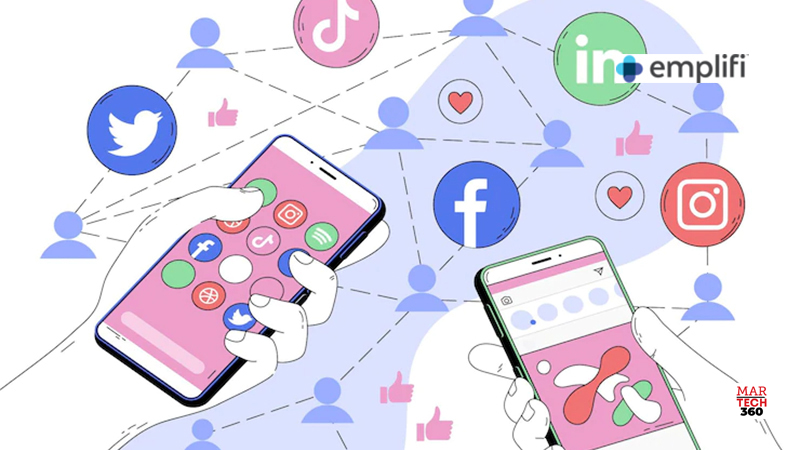Instagram leads in user engagement and customer care; Facebook continues to lag
Emplifi, the leading unified customer experience (CX) platform, revealed the findings of its Q1 2022 analysis of social media spend across thousands of brands worldwide.
“Despite the dip in ad spend following the holiday season, brands are still spending more than they were at this time last year, even with steadily declining click-through rates that are now below 1%.”
While overall social media ad spend decreased in the first quarter following an impressive holiday showing, it remains significantly higher than one year ago. At the same time, however, social engagement patterns are flat or declining.
According to Emplifi’s most recent findings, average monthly ad spend per brand was $3,631 in Q1, down 19% from its end-of-year high during the Q4 2021 holiday season. Still, that marks a nearly 21% increase over Q1 2021’s average of just over $3,000.
“Marketers still view paid social media as an integral part of the marketing mix. Moreover, they are willing to pay a premium to reach their audiences,” said Emplifi CMO, Zarnaz Arlia. “Despite the dip in ad spend following the holiday season, brands are still spending more than they were at this time last year, even with steadily declining click-through rates that are now below 1%.”
Other key findings from the report:
- Ad budgets are up, but actions are down. Median ad monthly spend shows a steady increase year to year, despite lower costs per click. After trending upward through 2021, median CPC dropped 18% in Q1 2022 to about $0.18. Click-through rates also declined slightly year to year, but remain at around 1%.
- Facebook continues its slide. The median number of interactions with Facebook posts (likes, comments, shares) declined by 17% year to year. In January 2021, the platform was seeing a median of 6.54 interactions per 1000 impressions; a year later that number had dropped to 5.44. Still, that’s better than Facebook’s historic low of 5.03 interactions in Q4 2021.
- Instagram is holding steady. By contrast, Instagram posts receive a median of just over 32 interactions per 1K impressions, a number that has remained relatively consistent over the past year.
- Posting Instagram stories in bulk helps boost engagement. Emplifi data also suggests that publishing multiple Instagram Stories in a five-minute window results in lower exit rates and higher levels of users tapping back to rewatch posts. Length of videos, story order, and time of posting can also impact exit rates and tap backs.
- Brand social care matters. The ability of brands to respond to customer questions on social is a key differentiator between the platforms. Instagram leads here as well, with brands answering a third of all customer questions left in comments, and a median response time of 8.3 hours. Brands on Facebook addressed 26% of questions, down from 30% in Q1 2021, and took nearly 13 hours to post a response. Twitter’s median response rate was the lowest at 20%, but it was the fastest to respond at just under 3 hours.
“While response rates on Instagram and Facebook have improved compared to last quarter and are better than those on Twitter, they remain notably high,” says Arlia. “Brands would be well served to strengthen customer relationships by responding more promptly to questions and concerns. If they don’t invest in improving social customer care, they risk losing significant market share.”


Comments are closed.